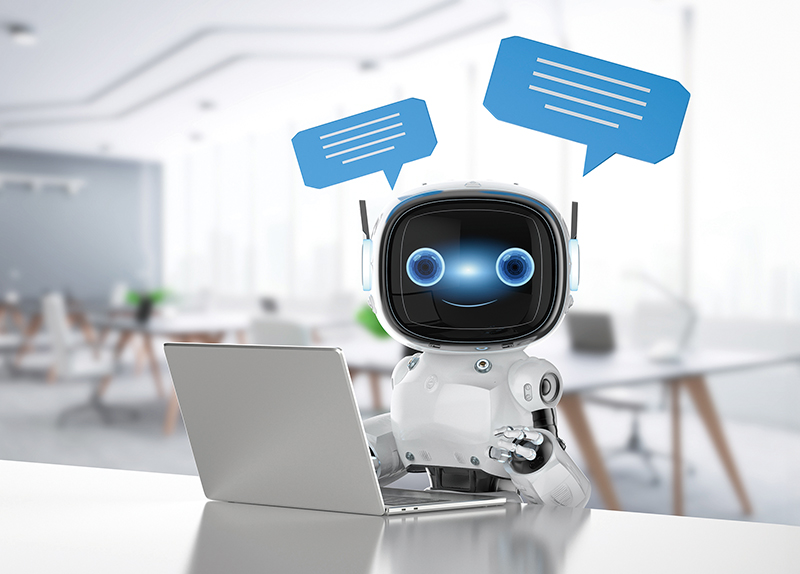 What’s This About?
What’s This About?The rise of generative AI has sparked debate over its role in creative fields. While some argue it threatens human originality and artistic jobs, others see it as a valuable tool for innovation and accessibility. But should its use be banned? Let’s dive into this debate and explore both perspectives.
Constructive
Pro Peter
Generative AI, while impressive, should be banned for creative purposes due to its threat to human creativity and originality. Art, literature, and music are deeply personal expressions of human experience, shaped by emotions, culture, and lived experiences that AI cannot truly understand or replicate. Instead, generative AI produces content by analyzing vast amounts of existing human-created works, meaning it does not create anything truly original – it merely remixes what already exists. AI-generated works thus lack the genuine intention and emotional depth of authentic creative expressions, coming off as soulless and uninspired. As the world becomes flooded with AI-generated content, we may see the homogenization of art, where algorithms prioritize what is popular rather than anything meaningful. It could discourage human creators from pursuing their craft, devaluing human creativity in the long run.
Con Bella
Banning generative AI for creative purposes would stifle innovation and limit artistic expression. I see generative AI as a tool that expands creative possibilities rather than replacing human artistry. For example, writers can use AI-assisted tools to overcome writer’s block, and musicians can use AI to compose melodies. Banning AI would deny artists these valuable resources. Additionally, historical precedent supports that AI will ultimately empower creators. When photography emerged in the 19th century, some feared it would make painting obsolete. Instead, it inspired artists to experiment with light, color, and movement, sparking new painting techniques. Similarly, CGI was initially criticized for replacing practical effects in filmmaking, yet it enabled visually groundbreaking films like Avatar (2009) and its sequel. AI follows the same pattern, offering new ways to create rather than eliminating traditional methods.
Rebuttal
Pro Peter
The problem with using AI is that it is a slippery slope. Once you start relying on AI for specific tasks, you may eventually extend its usage for others and become overly dependent, gradually eroding your skills or judgment. Furthermore, AI usage in creative fields raises serious intellectual property concerns. In 2023, artists filed lawsuits against AI companies like Stability AI and Midjourney, alleging that their models were trained on copyrighted images without permission. If AI-generated content continues to be produced without clear regulations, it could threaten the rights of creators and discourage artistic innovation. Lastly, AI threatens professions in the creative industries with its ability to generate content cheaply and quickly. The Hollywood writers’ strike in 2023 was partly sparked by concerns that AI could replace human scriptwriting jobs.
Con Bella
Economic concerns about AI replacing jobs are often exaggerated. Just as automation has shifted job roles rather than eliminating entire industries, AI generates new roles in creative fields. We see this in the growing demand for new disciplines like AI prompt engineers, digital curators, and human-AI collaboration specialists. A ban would stifle these emerging opportunities. In addition, AI fosters accessibility and inclusion in creative fields. Platforms like DALL-E, Runway, and DeepDream allow users to generate high-quality art and videos through simple text prompts. This is especially valuable for individuals with disabilities or limited access to expensive creative tools. For example, AI-powered design tools help small business owners create marketing materials without needing a professional graphic designer. Banning AI would disproportionately harm those who rely on it for artistic expression.
Judge’s Comments
The debate over generative AI in creative fields presents valid concerns and benefits. However, an outright ban would be impractical and even detrimental. Instead, ethical guidelines and copyright protections should be implemented to prevent misuse and balance technological progress with artistic integrity and fairness.